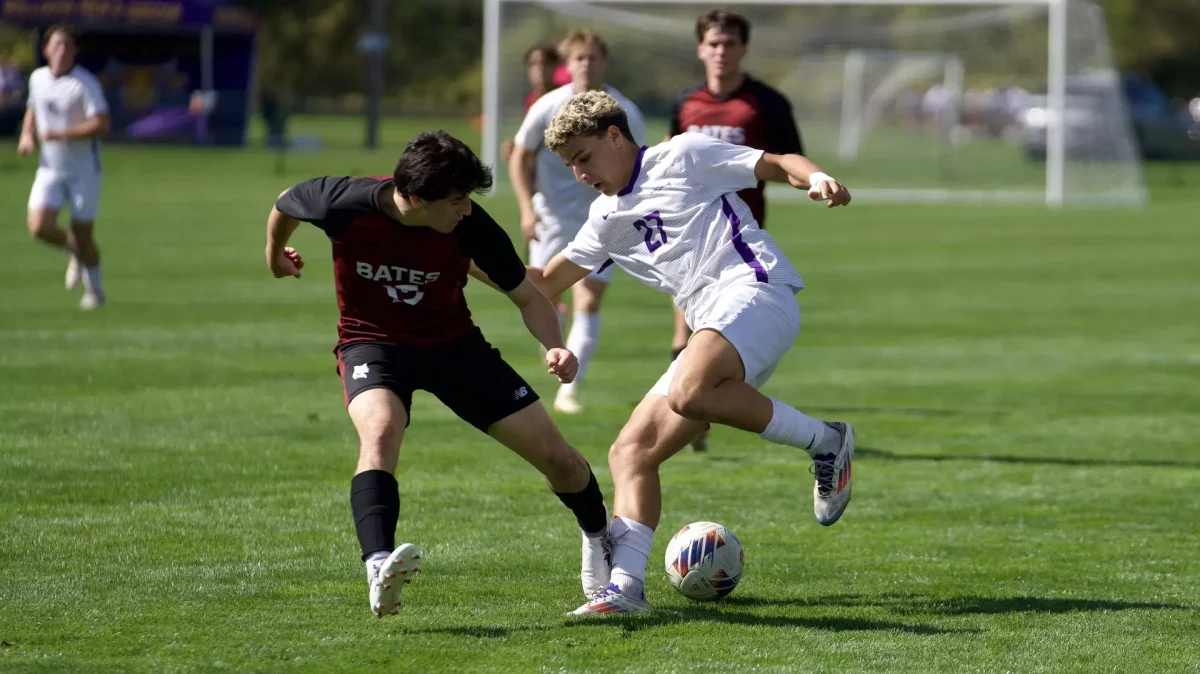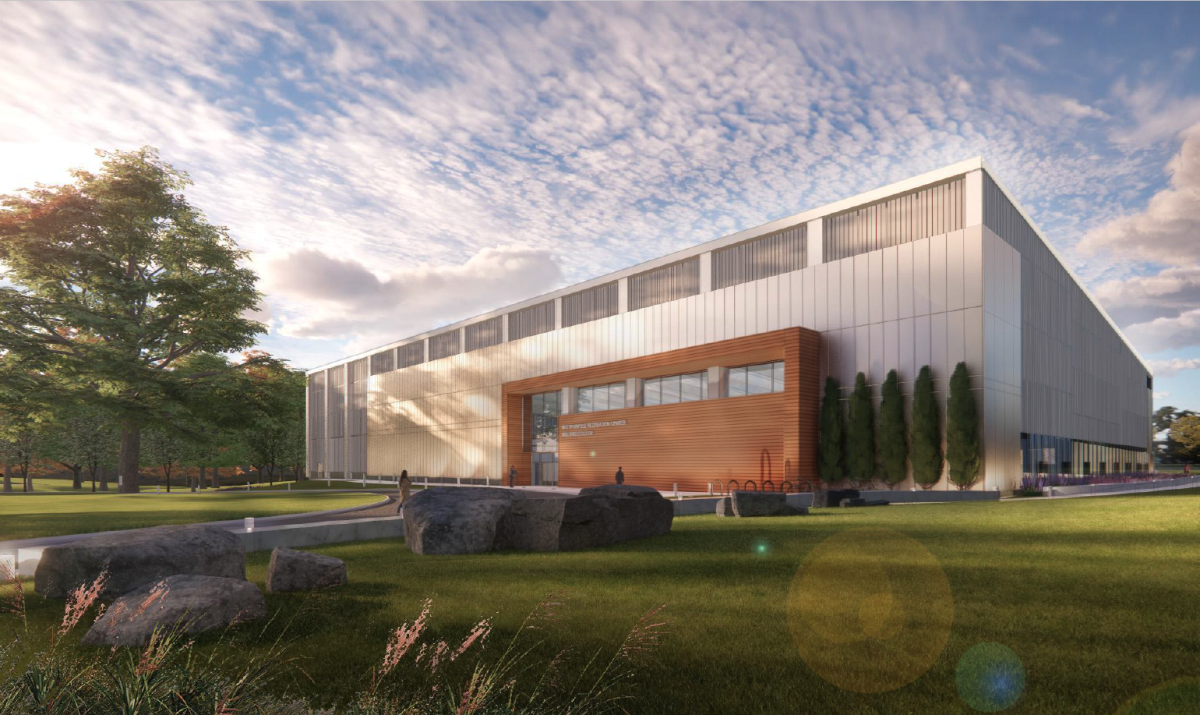This week Muslims all over the world began Ramadan, the Islamic month of fasting when practicing Muslims abstain from food, water, and sexual relations from dawn until sunset. “As Muslims gather around the world over the coming days and weeks to break their fast, the suffering of the Palestinian people will be front of mind for many,” President Biden said in a statement released by the White House on March 10. Starvation and hunger threaten the lives of the more than 2.2 million people who have been displaced within Gaza, claiming lives of newborns, children, and elderly as war continues and killing 67 Palestinians in even the first 24 hours of Ramadan. In Sudan, some 8 million people have fled their homes and are facing hunger despite foreign attempts for a Ramadan truce. There’s also the crisis of mass murder and rape taking place in the Democratic Republic of Congo, to which the Western world is not only oblivious, but is also complicit in by providing military aid to Rwanda. In a world where civilians don’t seem to have safety during one of the four sacred months of Islam when fighting or killing is prohibited, the overcast gloom of suffering in this world propels me to look within my tradition for hope to carry me through Ramadan.
In the sixth year after Prophet Muhammad’s migration to Madina, he and about 1,500 of his followers journeyed to his ancestral land of Mecca to perform the umra, or minor pilgrimage. Adorned in simple white sheets of cloth that symbolize the shrouds in which Muslims are wrapped upon death and with their sacrificial animals, carrying neither weapons nor armor, the Muslims intended to make it clear that they had come in peace to worship. They were stopped before they entered the sanctuary limits of Mecca in a village called Hudaybīya. The Quraysh, the leading clan of Mecca, struck a peace agreement with the Muslims that all war would stop for at least for ten years. The peace treaty also included a clause that those who wished to form alliances with the Muslims or Quraysh could. This bilateral truce facilitated a state of peace throughout the region where movement for Muslims or non-Muslims was now no longer restricted due to tribal affiliations and alliances. Peace prevailed until the tribe of Banī Bakr attacked the men of Khuzā’a in the middle of the night as they camped, some who were even engaged in prayer, at a village called Al-Watīr. Unfortunately, the Quraysh helped Banī Bakr by supplying arms and fighters, becoming complicit in and responsible for this heinous killing.
The next morning, men from Khuzā’a rushed to their ally, Muhammad, peace be upon him, and their poet, Amr bin Sālim, imploring the Prophet with the following word as recorded in Sīra ibn Hishām:
My Lord, I implore Muhammad;
Appealing to him by our long-standing alliance between our fathers and his
You were young and we were your parents.
Then we embraced Islam and stuck by you.
Grant us strong support, may God guide you.
And call on God’s servants to flock in support.
Let God’s Messenger be among them in full clarity;
When facing aggression, he shows his anger.
Heading a host like the sea with high waves.
The Quraysh have broken their deal with you,
And violated your solemn treaty.
They appointed men to watch us at Kida’
They treacherously attacked our camps at Al-Watīr,
And they killed us when we were bowing and prostrating in prayer.
The Prophet promised Banī Bakr his help and marched with an army of 10,000 strong to Mecca during the month of Ramadan. Before entering the city, he announced that anyone who sought refuge at Abu Sufyan’s house, the leader of the Quraysh who arrived in Medina requesting the Prophet to call off war, in the Ka’ba sanctuary, or simply remained inside their home would have nothing to fear. As recorded by Samira al-Zayid in The Compendium of the Sources on the Prophetic Narrative, the Prophet entered the city with his head lowered upon his camel so that his beard almost touched the middle of his saddle imitating the command given to the Children of Israel in the Quran when they were asked to enter the city of Jerusalem “prostrating” (Quran 2:58). When he faced the people of Mecca, he granted pardon to them all and said to them: “I say to you as Joseph said to his brothers, ‘There is no blame on you today. May God forgive you! He is the Most Merciful of those who show mercy.’” (Quran 12:92)
I present the above incident to you to imagine a different outcome to the ongoing violence in the world. Through the lives of the prophets in the Quranic narrative, I am compelled to hope for a better future for this world, even though the men in power today have chosen war over peace. Through perhaps the most important event in Islamic history, the conquest of Mecca, we learn that we can be angry when human rights have been violated, however, how we respond is within our control. Since Ramadan is also a time of deep prayer and reflection, I also hope that we choose to release the tension that dwells within us as we process the trauma of others’ suffering. Ramadan is a sacred time when we can choose peace over conflict and get together in community. The Muslim Student Union will gather every evening at sunset in the Interfaith Common Room in the lower level of Thompson Memorial Chapel to break their fast, iftar, with their community and other groups such as the Black Student Union, Williams College Jewish Association, and others. There are also four community potluck iftars on Sunday, March 17, 24, and 31, and Saturday, April 6 that all staff, faculty, and students are welcome to join. All of this information is available on the Chaplains’ Office website under “Ramadan 2024 at Williams.”
I hope and pray that as we fast this Ramadan, we remember those who are hungry. When we sleep in our beds, no matter how exhausted after waking up, we remember those who have nowhere to sleep except in a makeshift tent. And we remember those who cannot sleep because they long for their loved ones, either gone to the next world, or waiting to be reunited with them. May this Ramadan be an opening to peace within our hearts and in the world. Amen.
Sidra Mahmood is the College’s Muslim chaplain.










